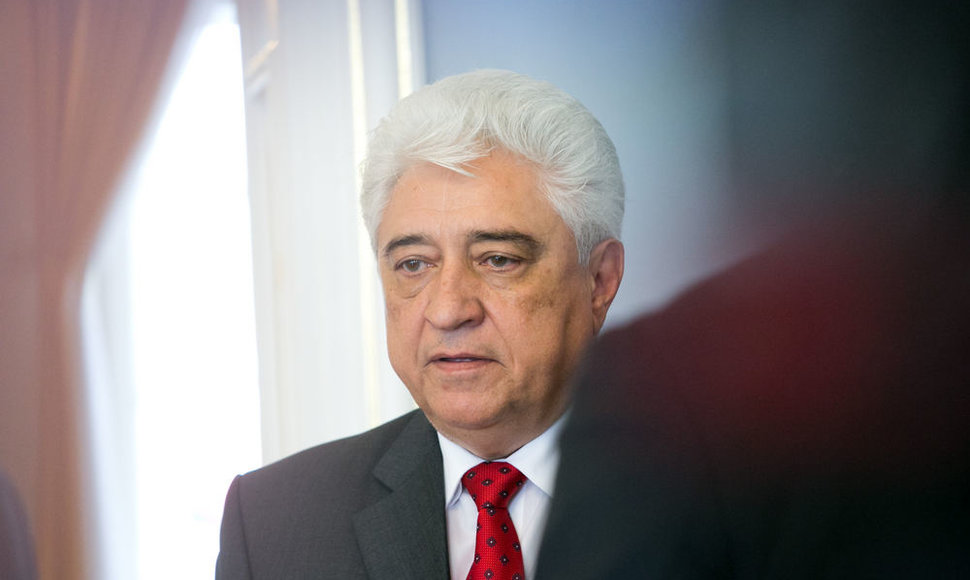"The issue of compensation demands made to modern Russia is, in our view, closed once and for all," Chkhikvadze said in a comment published on the Russian Embassy's website.
The diplomat's statement came in response to a question raised by Russian-language weekly Obzor: “What do you think of the Lithuanian demands on compensation of occupation damages?"
"I am convinced that the financial claims and the use of the 'occupation rhetoric' is not the best way to achieve the goals declared by the government of the Republic of Lithuania in connection to mutually beneficial relations with Russia," the ambassador said.
In response, Benediktas Juodka, chairman of the Lithuanian Seimas Committee on Foreign Affairs, says Lithuania maintains that the Soviet occupation compensation issue is still on the agenda of relations with Russia.
"I don's see the ambassador having said something new. It seems to me that Russia has had a similar position all the time on both the recognition of the fact of occupation as well as on the compensation. I believe he just reiterated it here. Perhaps the wording is more detailed but the idea is not new," Juodka said.
"Our state's position is also known. Well, we have raised the issue of compensation, so it means that it's not closed," the committee chairman said.
According to the program of Lithuania's center-left government that took office in the end of 2012, the Lithuanian-Russian relations need a "reset."
"The Lithuanian-Russian relations need a 'reset.' We will base Lithuania's cooperation with Russia on European values, strengthening mutual trust by focusing not on the past but on the future, without pre-defined and hardly implementable conditions that undermine good and mutually-beneficial neighborly relations," the document states.
The program also stipulates that "the issue of damage done by the Soviet occupation will have to be addressed through talks with Russia in order to look for acceptable solutions."
Some 275,000 Lithuanian residents were deported during the Soviet occupation until 1952, more than 20,000 Lithuanian guerrillas and their supporters were killed for opposing the Soviet occupation.












